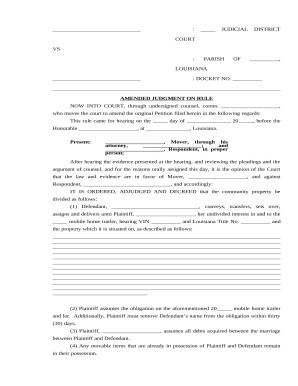
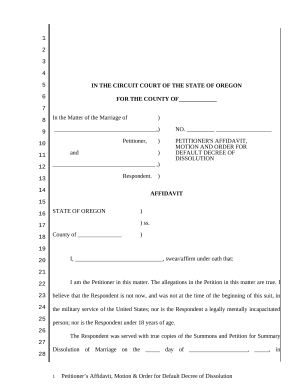
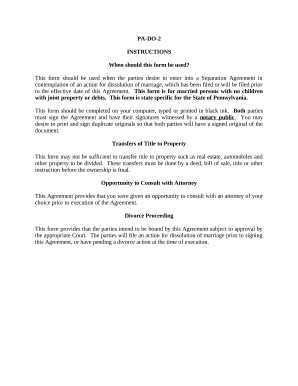
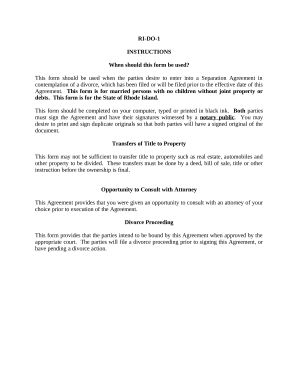
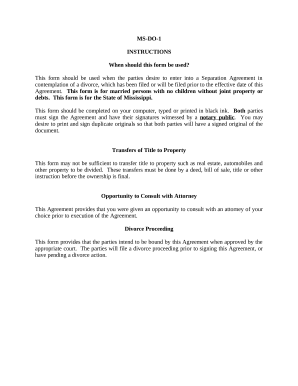
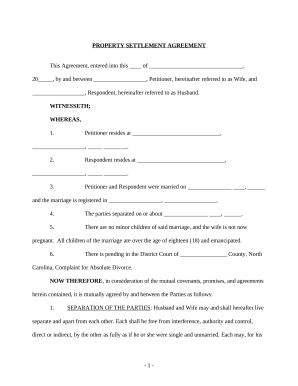
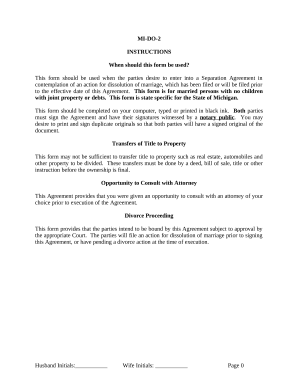
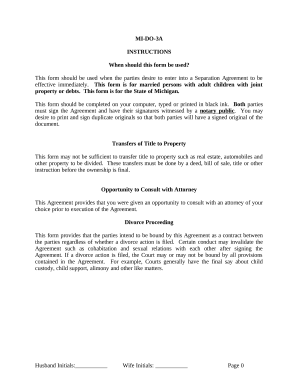

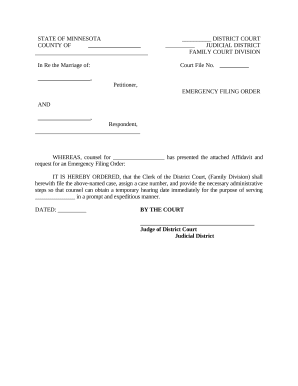

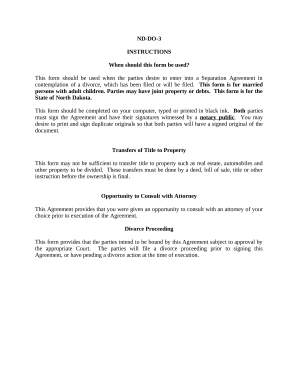
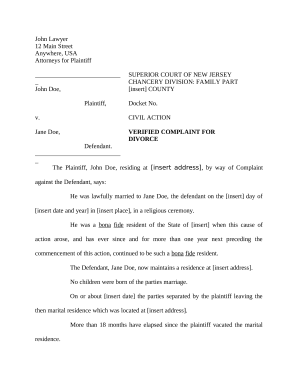

Document administration can overpower you when you can’t locate all the documents you need. Fortunately, with DocHub's vast form library, you can get everything you need and swiftly handle it without the need of switching between software. Get our Divorce Procedures and begin utilizing them.
The best way to manage our Divorce Procedures using these basic steps:
Try out DocHub and browse our Divorce Procedures category easily. Get a free account today!